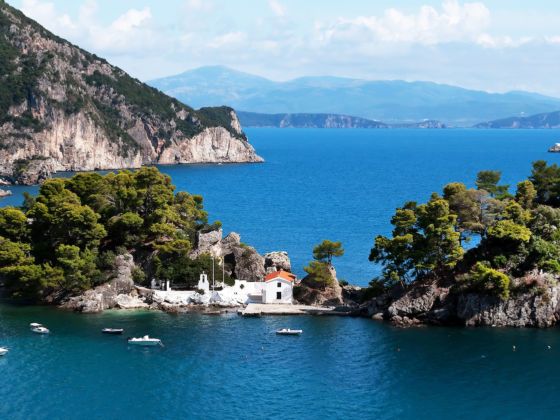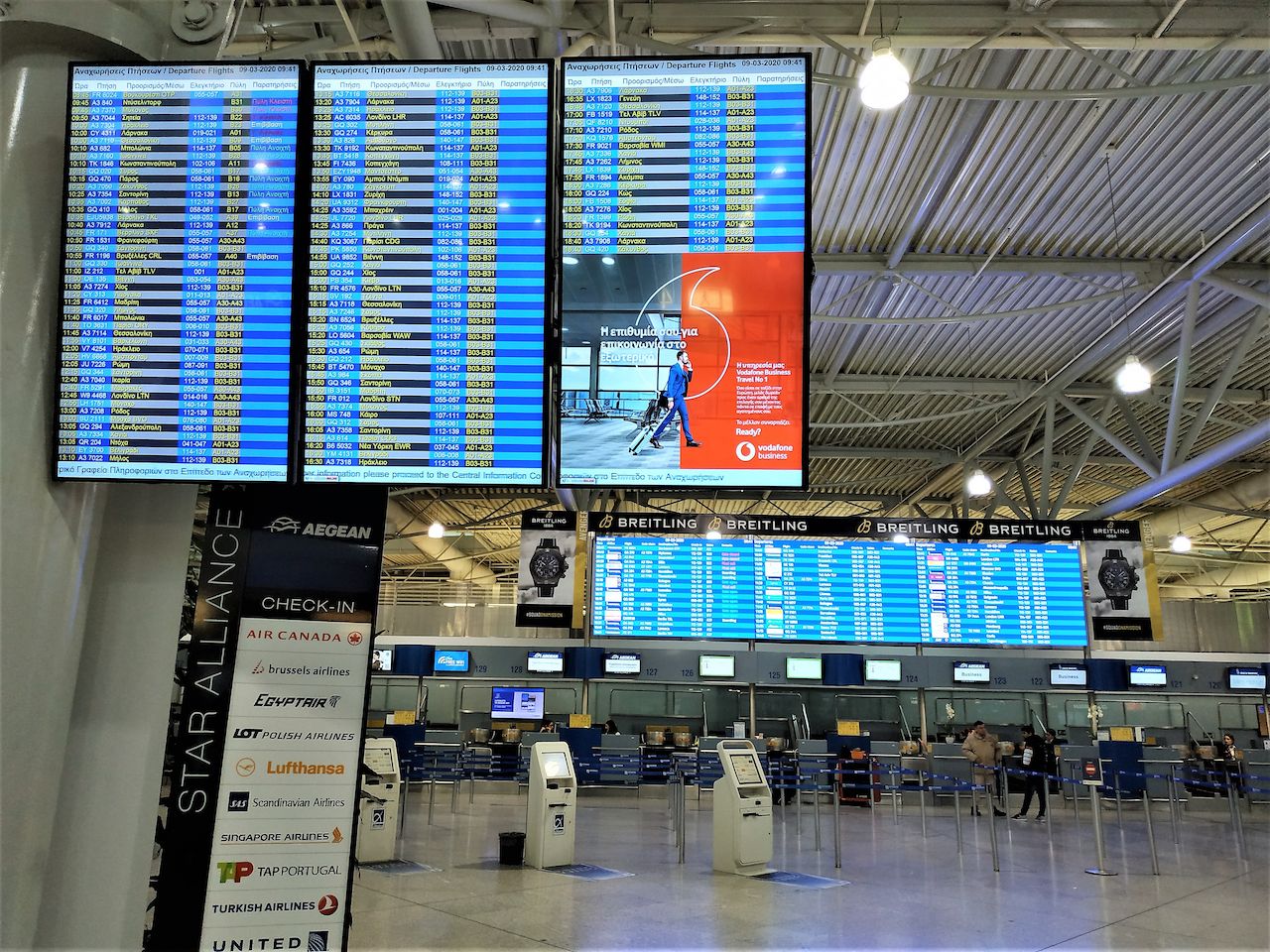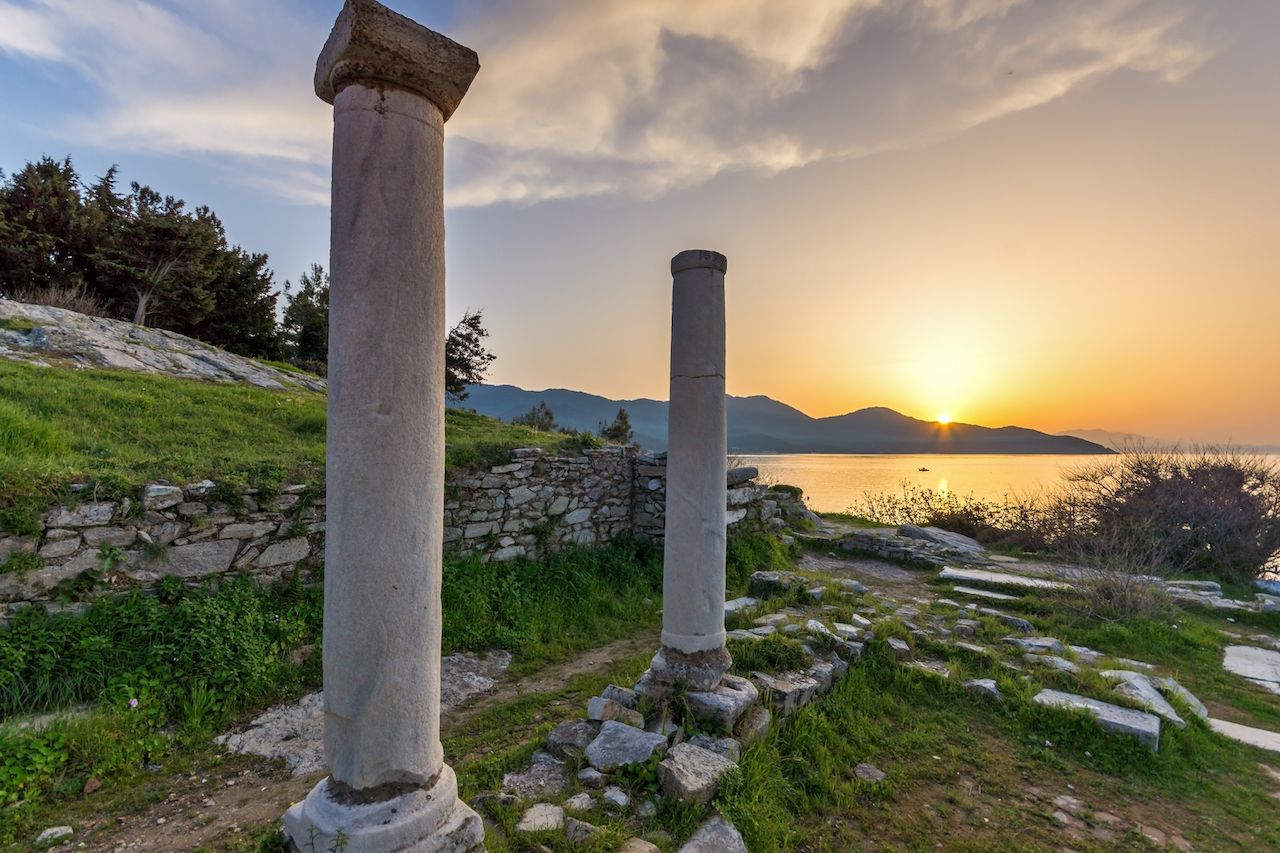Editor’s note: A version of this article was previously published on June 8, 2020, and was updated on July 8, 2020, in light of the EU travel ban.
Greece is ready to accept travelers again, and its deft management of the COVID-19 crises should put it at the top of places to consider visiting this summer. As of this week, Greece counted fewer than 3,000 coronavirus infections and just 180 deaths, nearly the lowest per capita rate in Europe.



